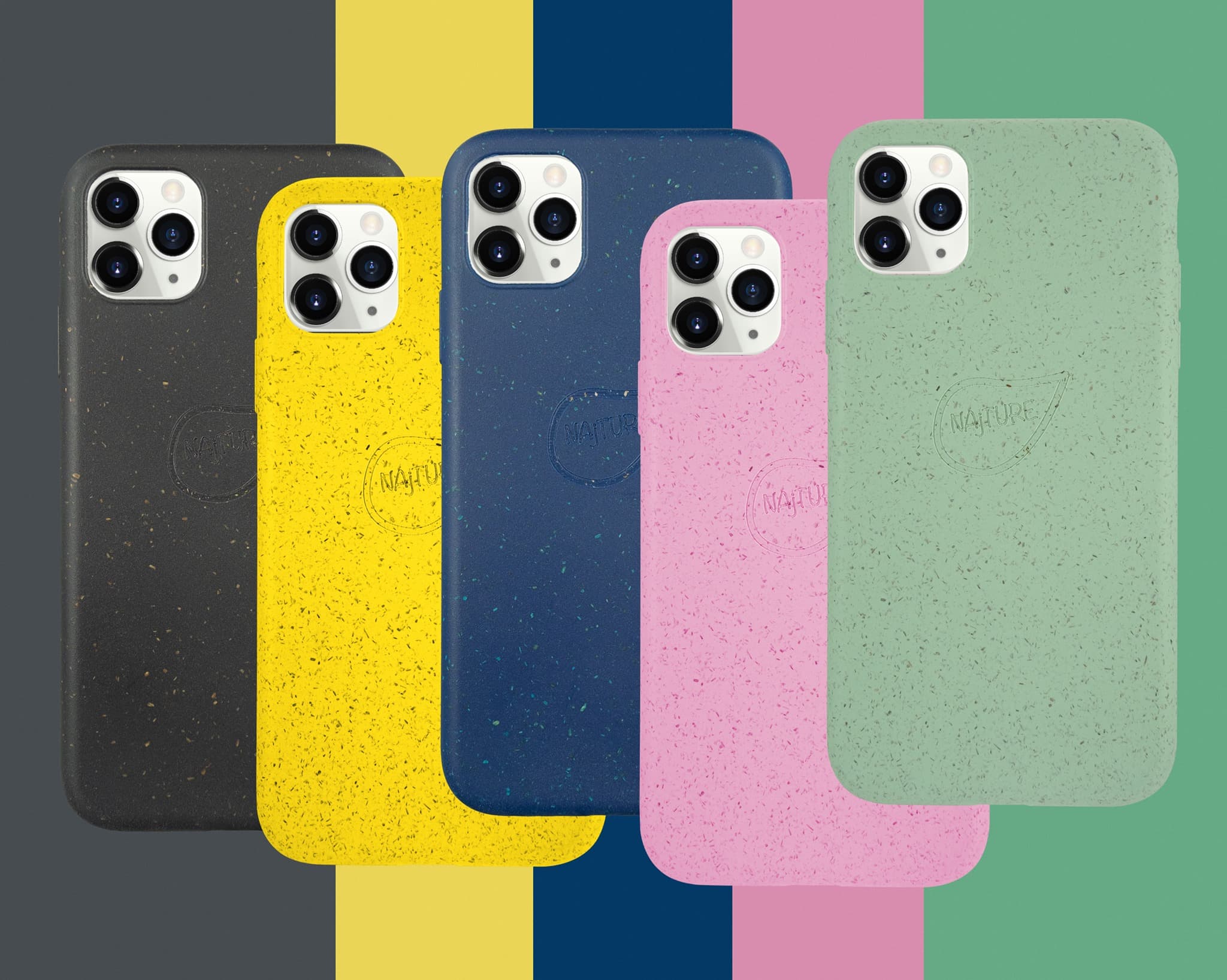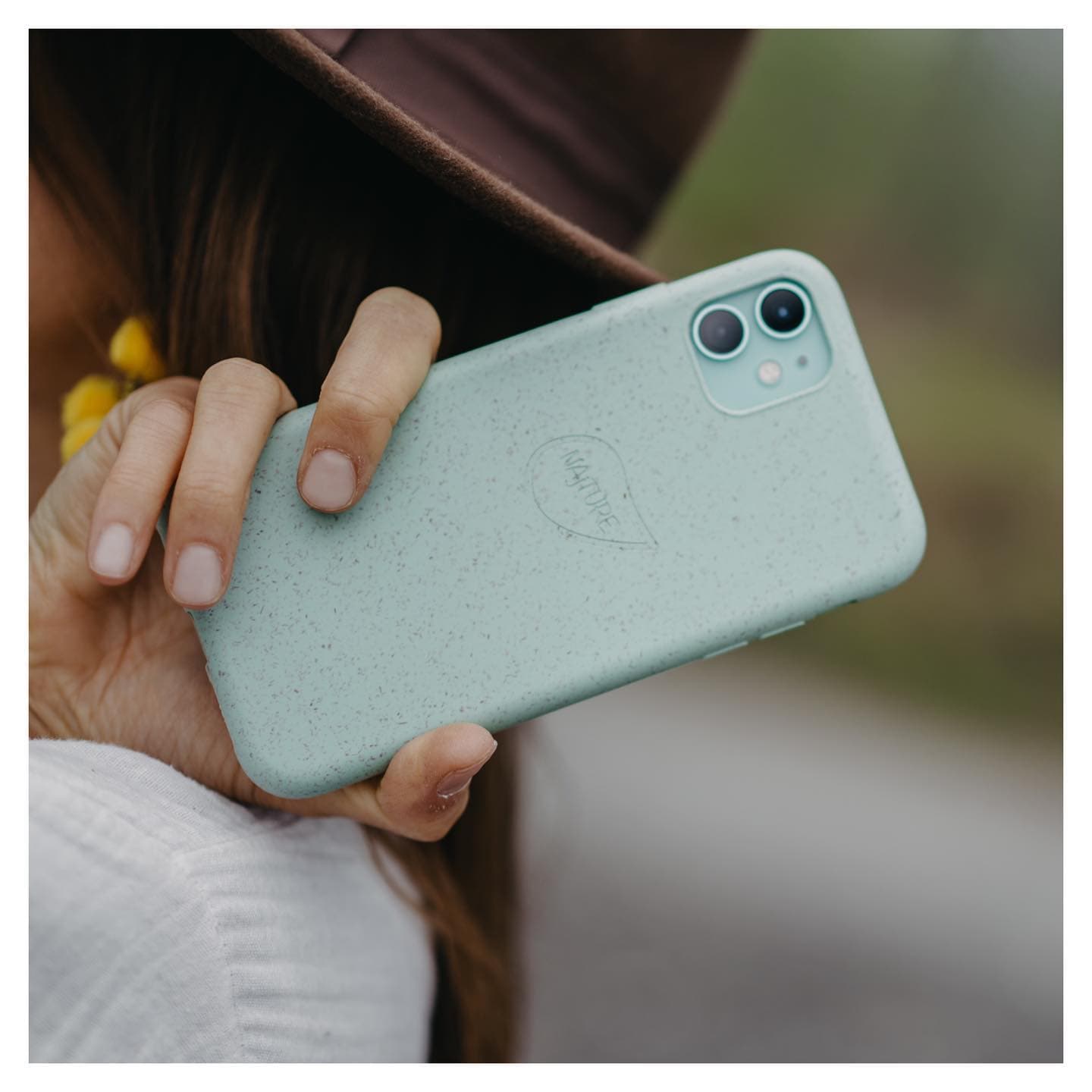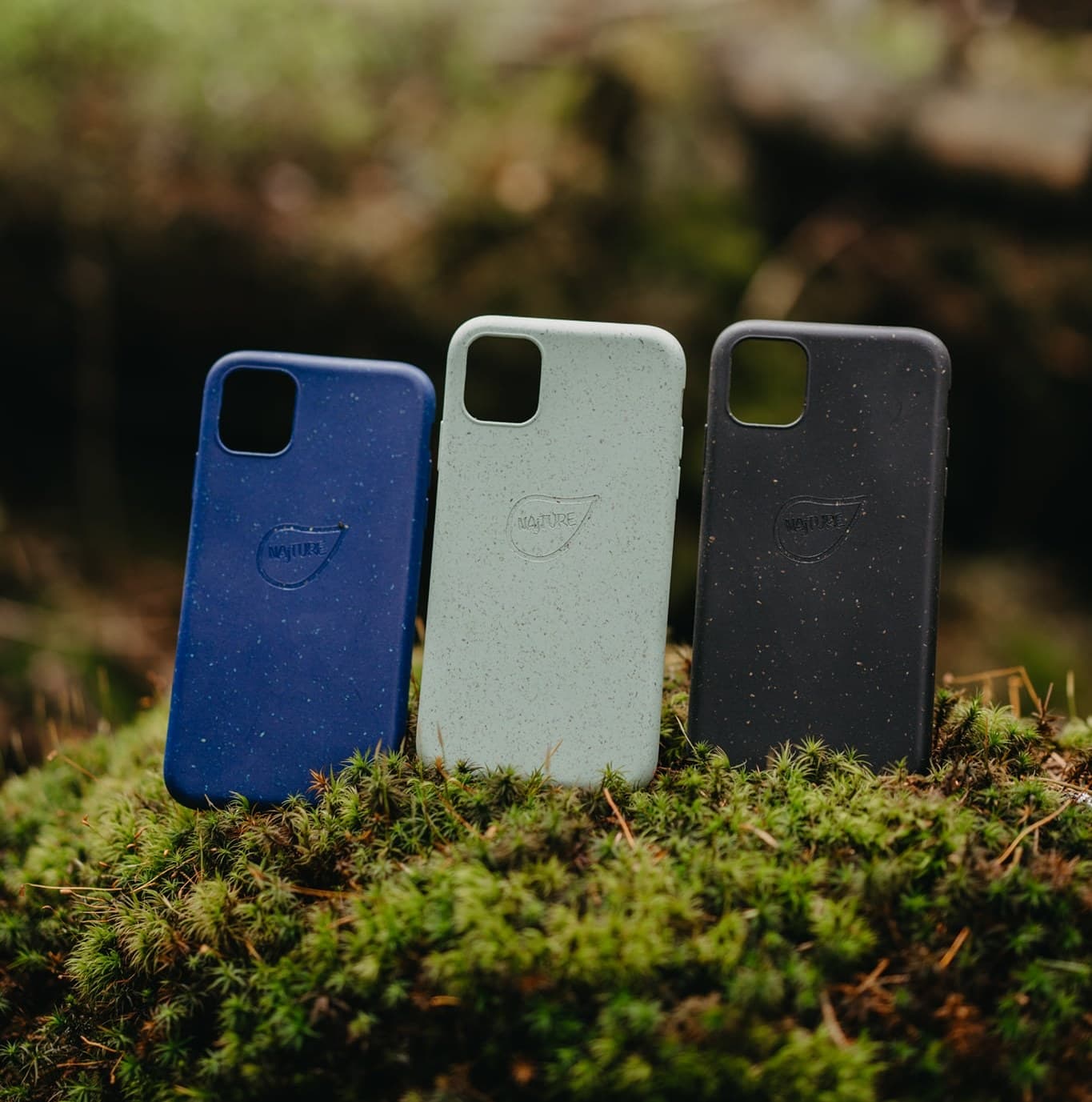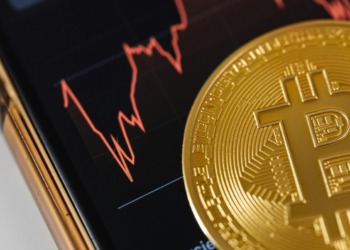Consider the rubbish we churn out, the frightening scale of our global self-indulgence. We see it mostly through social media: the viral image of trash islands floating in the ocean or dolphins caught in plastic mesh circulate Instagram, Facebook, and Twitter. Being so physically distanced from these realities confounds our perspective; it’s far too easy to ignore the reality of the trash crisis.
One start-up founder, Maros Matija, is tackling the systemic roots of the problem. For him, the core issue lies in the way our economy is structured. Our current global economic model is linear – natural resources are extracted products are manufactured, then sold – and the final result is waste. Conventional businesses operate in this manner.
Maros rejects this wasteful convention for an alternative, greener business model – one that, if emulated society-wide, could kickstart the Circular Economy.
The Circular Economy is an economic model that significantly cuts out waste and pollution. It keeps all its materials within the production cycle and is more compatible with natural processes. Although as yet non-existent on a macro level, companies such as Maros’ do what they can to use recycled or recyclable materials and to produce little to no waste.
His company, Najture, designs and produces phone cases that are fully biodegradable. Furthermore, their e-commerce structure is circular by design.
This profound re-haul of how we conduct ourselves economically constitutes a mammoth task. Upon learning Maros’ mission statement and his belief in a more sustainable economic model, I was intrigued and arranged a meeting. Here’s a run-down of our conversation.

Can you walk us through your e-commerce structure, and how it contributes to the circular economy?
Maros Matija: We are building our e-commerce website with the British company, Superrb. Although yet unfinished, the website will allow users to easily trade in old phone cases for a discount on our sustainable models.
There are similar phone case trade-in platforms available, but they manage it via email. I tried using one of these platforms myself. They responded after 10 days, telling me that I need to pay shipping from Slovakia to the USA myself. This is not customer friendly.
With our online software, users select their phone model, the brand of phone case that they wish to exchange, and the condition of their existing phone case. The worse the quality of their existing phone case, the lower the discount that we will offer for a new case. Some brands offer discounts to users just for putting in their emails, so we thought, why not offer a discount when they trade in an old case and contribute to the circular economy?
After filling in this form, users can use this discount to order one of our phone cases. A courier will deliver to them and also pick up their old case, returning it to us.
RELATED ARTICLES: Investing in Green Finance Made Easy| A New Social Contract | How to Use Socially Innovative Policy Making for an Inclusive Energy Transition | Accelerating the Race to Zero Carbon | Hope in the City | Why Climate Neutrality Needs Circularity | “Hope in the City” Tells a Story of Urban Challenges and Nature-Based Solution | Sustainable All Year Round | What the Mangrove Tells Us
What happens with the old phone cases?
M.M.: We send them to a recycling company. In time, we want to recycle in-house, but it is too financially demanding to do so now. We also differentiate the phone cases that we receive, whether they are compostable, plastic, and so on to choose where we send them.
What inspired you to focus on phone cases?
M.M.: Phone cases are plastic, more often than not. In 2018, 1.5 billion phone cases were produced worldwide, which is a lot of plastic. I calculated myself that this is roughly equivalent to the volume of fourteen Wembley stadiums. Therefore, I thought that this would be a good market to interrupt to make it more sustainable.
Furthermore, phone cases are something that a consumer has on them all the time. This means that they have the power to share a positive message. In time, we hope to offer a phone case engravement service. We have seen other companies do this at a low cost, so we hope to ultimately offer this service to every customer.
 How did you acquire the expertise to develop these products?
How did you acquire the expertise to develop these products?
M.M.: I studied industrial engineering, as well as material sciences. In doing so, I developed an interest in compostable bioplastics. These bioplastics are a great supplement for regular oil-based plastics because they have a very similar chemical composition.
We are currently working on a material that is ocean water degradable. This material was the world’s most eco-friendly material in 2018 and can decompose in ocean water, lake water, compost, and basically anything else. We have met with the producers, an Italian company, and they are willing to co-operate with us. Everything is prepared but we need financing to start producing.
I have been reading about your tree planting initiative with One Tree Planted, would you be able to explain this in more detail?
M.M.: Yes, we contacted them, and they were willing to co-operate with us. With every phone case purchased, we will send them one Euro. Also, we are launching a crowd-funding campaign on the 1st of September, and for every backer, we will also send one Euro to One Tree Planted.

Maros then walked me through his designs which are already being sold on Amazon, as well as the design for a new model which is not being produced yet. The three main properties of their phone cases are that they are minimal, protective, and eco-friendly. He showed me the design they are working on. It will be composed of two different biodegradable materials: an inner cushioning layer as well as a rigid, external layer made of hard bioplastic. The designs are attractive, minimalistic, and, most importantly, fully sustainable.
Talking to Maros was inspiring. Not entirely profit-driven, Najture also has an overarching philosophy to promote sustainability and incentivize a transition into the circular economy. I got the sense that the waste crisis is something that Maros really cares about, a feeling which was evidenced further by Najture’s ethical business model.
We need more companies like Najture if we are to make this leap from the rubbish economy to a circular model. Businesses like these set an example and prove that sustainability is possible, even with throwaway, plastic-heavy products, like phone cases.
In the cover picture: Najture Phone Cases in different colors. Photo Credit: Najture.
Editor’s Note: The opinions expressed here by Impakter.com contributors are their own, not those of Impakter.com










